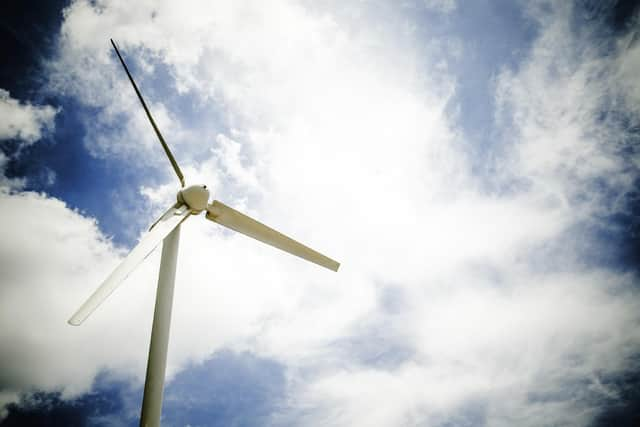Power supplier for Hucknall and Bulwell vows to be net zero by 2028
and live on Freeview channel 276
In its latest business plan, Western Power Distribution (WPD), the electricity distribution network operator for the midlands, south west and south Wales, has outlined how it will achieve this by tackling its own business carbon footprint (BCF).
Andrew Martyr-Icke, WPD environment team manager, said: “Customers in Nottinghamshire can’t get to net zero without WPD – but they also want to see us lead by example.
Advertisement
Advertisement
“If we solve the climate emergency and enable our children and grandchildren to live in a world that is not ruined by the impacts of climate change, that will be because staff at WPD did what they needed to do by standing up to the challenge and making net zero happen.”


More than half of the company’s carbon emissions – 57 per cent - come from fuel consumed by its vehicles and generators.
By switching to electric vehicles (EVs) and phasing out diesel generators, WPD plans to take significant steps towards its net zero target.
WPD has pledged to replace at least 89 per cent of its existing operational vehicle fleet with EVs by 2028.
Advertisement
Advertisement
The company is also looking to limit the impact of its activities on the environment, by dealing promptly with leaks from equipment and achieving a ten per cent net gain in biodiversity for new major projects and larger substation sites by considering ways of introducing and maintaining flora and fauna on site.
WPD will continue to focus on reducing its building energy use, too through a range of measures, including greater employee awareness of energy savings, the installation of motion sensors for lighting, upgraded air conditioning systems and higher energy efficiency ratings in new and refurbished depots.
It is also working hard to enable customers to achieve their own net zero ambitions by preparing the network to connect thousands of low-carbon technologies, like electric vehicle chargers, solar panels and heat pumps.
The company predicts that by 2028, an additional 1.5 million electric vehicles will be on the roads in its region, while 600,000 heat pumps will be installed.
For on the plan, click here.
